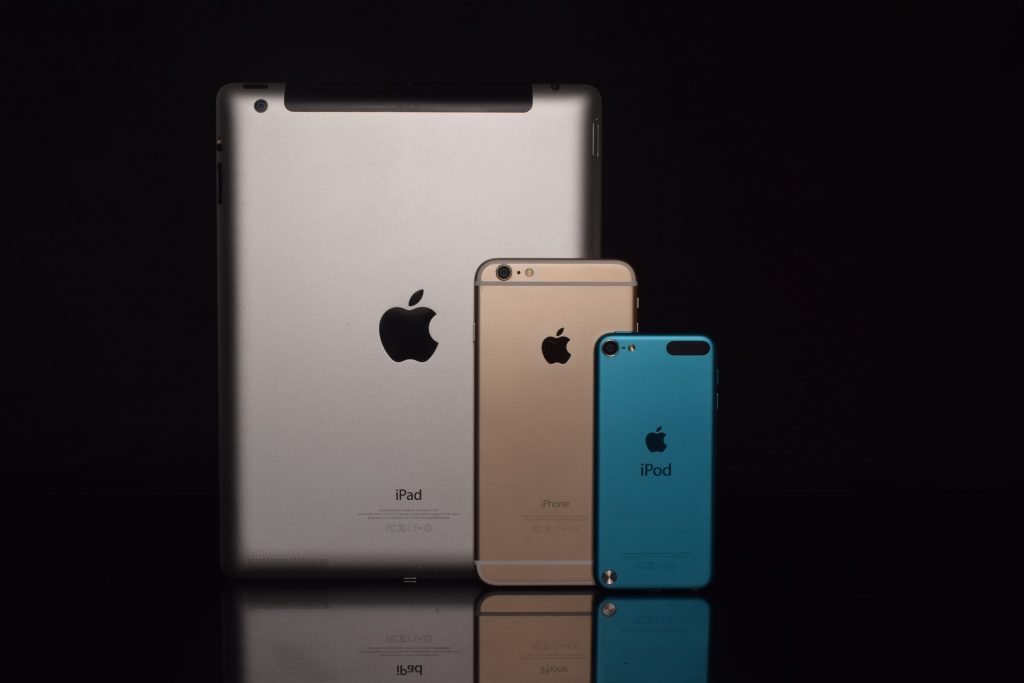Apple CEO refuses to help FBI in shooting, creates security concerns
3 min read
Pixabay
By LAUREN GUSTAFSON
The San Bernardino shooting was one of many shootings in 2015. Following the shooting, police officers retrieved an iPhone belonging to one of the shooters. The FBI has ordered Apple to disable the feature that causes the iPhone to lock after 10 incorrect password combinations.
On Feb. 16, Apple chief executive officer, Tim Cook, released a letter to all Apple consumers and everyone on the internet. This letter explains to consumers why Cook refuses to create a backdoor to bypass the software. In the letter, Cook states his concern that “Once created, the technique could be used over and over again, on any number of devices. In the physical world, it would be the equivalent of a master key, capable of opening hundreds of millions of locks — from restaurants and banks to stores and homes. No reasonable person would find that acceptable.”
In a world where technology has become increasingly integrated into our lives, hacking is happening all the more often to celebrities and even the U.S. Government. This raises the ever- prominent issue of security. How secure are our laptops, our phones and our tablets? And the answer mainly relies on the companies that design our software and our devices. If Apple creates this software bypass, how secure will our information actually be?
The FBI says the software will be used once, to unlock the shooter’s phone. But once software is written, it cannot be unwritten and that opens not only the U.S. government up to temptation, but also everyone in the Apple community and beyond. The software would be easy enough to hack into and then who’s iPhone would be immune?
Cook’s refusal to develop the software is admirable; he’s taking a stand in the right direction in terms of security. According to Washington Post writer Ellen Nakashima, the FBI order was obtained under the All Writs Act, which is “a law dating to the colonial era that has been used as a source of authority to issue orders that are not otherwise covered by a statute.”
Cook writes that “The implications of the government’s demands are chilling. If the government can use the All Writs Act to make it easier to unlock your iPhone, it would have the power to reach into anyone’s device to capture their data. The government could extend this breach ofprivacy and demand that Apple build surveillance software to intercept your messages, access your health records or financial data, track your location, or even access your phone’s microphone or camera without your knowledge.”
The implications Cook writes about are terrifying. It is a line in the battle for privacy and security that needs to be drawn, everyone should feel that their privacy is respected. The counter argument that our safety depends on drawing out information from the shooter’s iPhone is valid but the software required to do so is powerful that it creates a dangerous situation.
This information alone is enough to cause concern, once the order to unlock the shooter’s iPhone was issued; the U.S. government has shown that this law can be used to create orders that may otherwise be deemed unethical. Once combined with the dangers of creating the backdoor into the iPhone, it becomes slippery slope and the eternal question is: where will it end?











